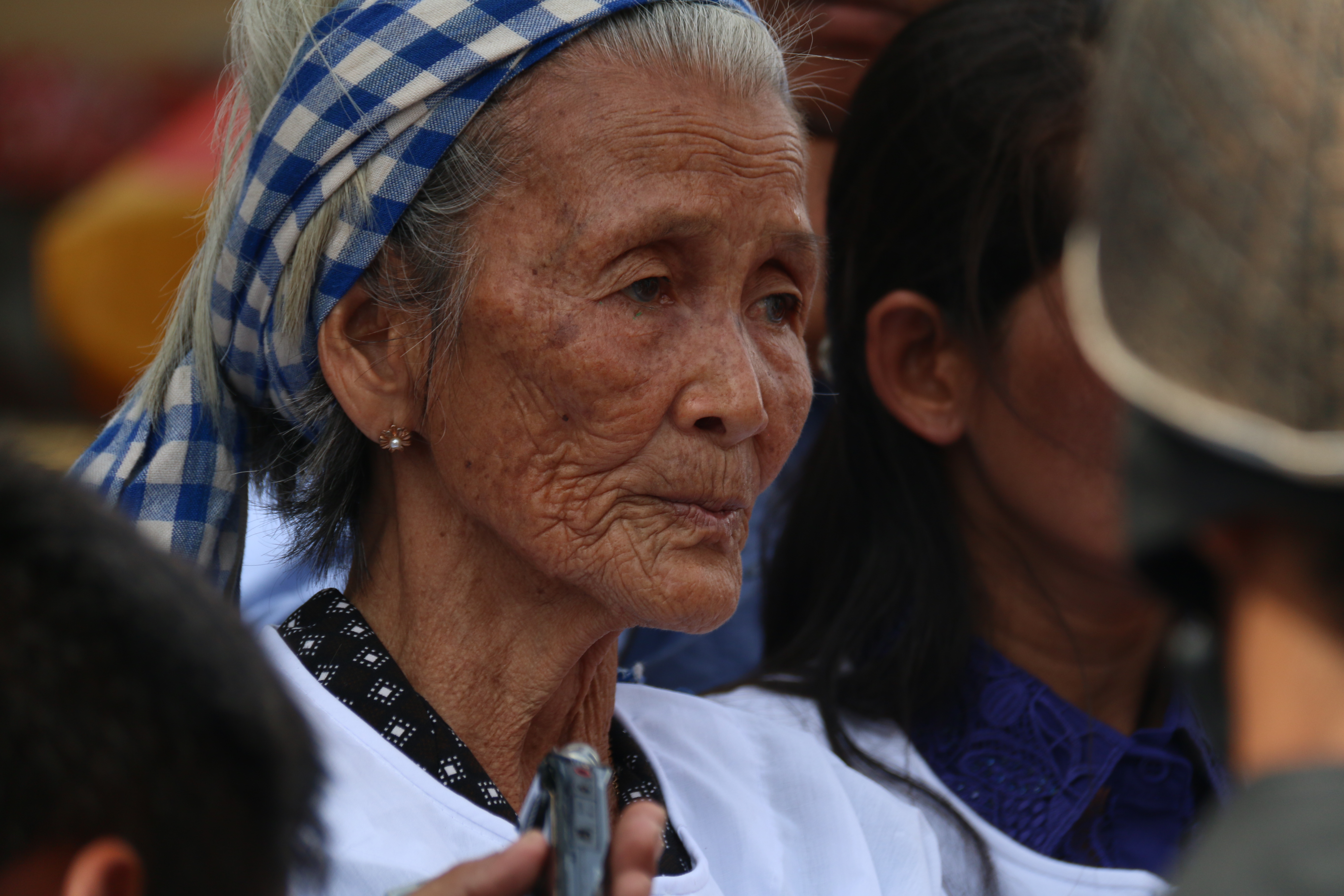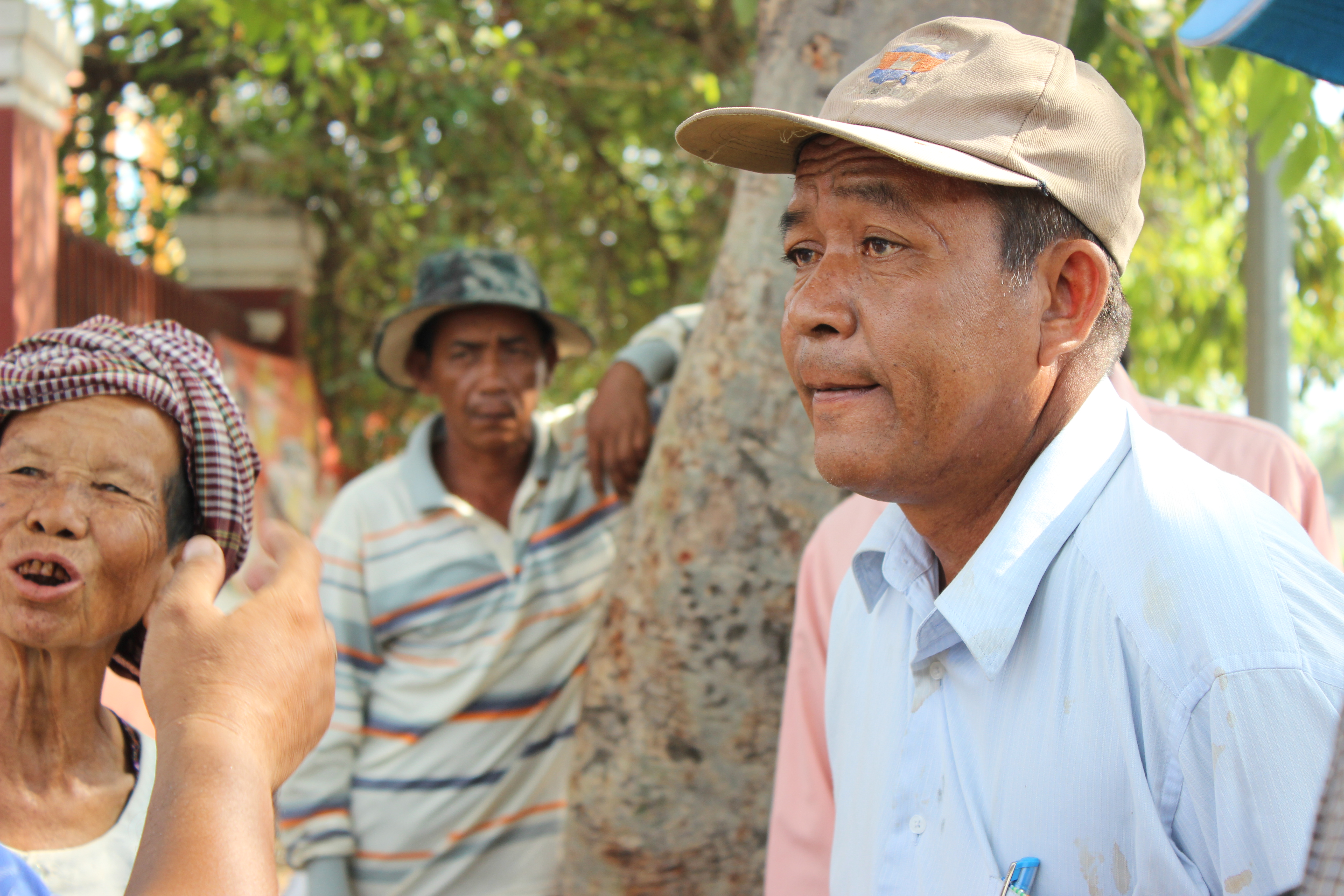Human rights activists called upon the Cambodian Government and Union Development Group (UDG) to comply with existing laws in relation to the management of economic land concessions (ELCs) granted to private companies in order to prevent an eruption of land disputes and forced evictions in the Kingdom.
Speaking at the National Consultation Workshop held in Phnom Penh on 31 March 2015, Thun Saray, president of ADHOC, said the Government has violated the Law on Land Management by granting more than 10,000 hectares of ELCs to solely one company.
“A decision by the government, although approved by the king, shall comply with the fundamental law [on land management],” said Mr Saray.
According to that Law on Land Management which was approved in 2001, not more than 10,000 hectares of land shall be granted to a private company; yet Mr. Saray said that most of the ELCs have been granted to a handful of private companies.
Meanwhile, he called upon the Government not to apply the expropriation law in the context of land disputes between local villagers and Chinese-owned UDG but instead to strengthen the implementation of the leopard skin policy to prevent any impact on villagers.
In a report released by Cambodian Human Rights Action Committee (CHRAC) in 2012, it was claimed that the UDG was granted 36,000 hectares of ELCs in 2008, causing a big lot of land to be reclassified from the Botomsakor National Park located in Koh Kong’s Botomsakor district.
The report also revealed that over 3,700 families, most of them have reliance on farming and fishing would be affected by the ELCs, 1,143 houses and other social infrastructures had been relocated to new location 20 kilometers far from their previous villages.
According to the Law on Land Management in 2001, any confiscation of an individual’s property shall be made according to procedures stated in the law in return of a reasonable and fair compensation; yet the CHRAC’s report found that no reasonable compensation has been provided to villagers. Only 15 families were offered US$8,000 in cash and five hectares of land while 100 other families were compensated between US$2,000 and US$3,000. Another 30.52% of families have demanded more compensation and sought assistance from civil society organizations.
The same report also found irregularities committed by local authorities in relation to relocation projects for villagers who agreed to move to a new location. CHRAC’s investigators found that a newly-built house for villagers would cost only US$1,250; yet the local authorities claim it to be US$4,200.


